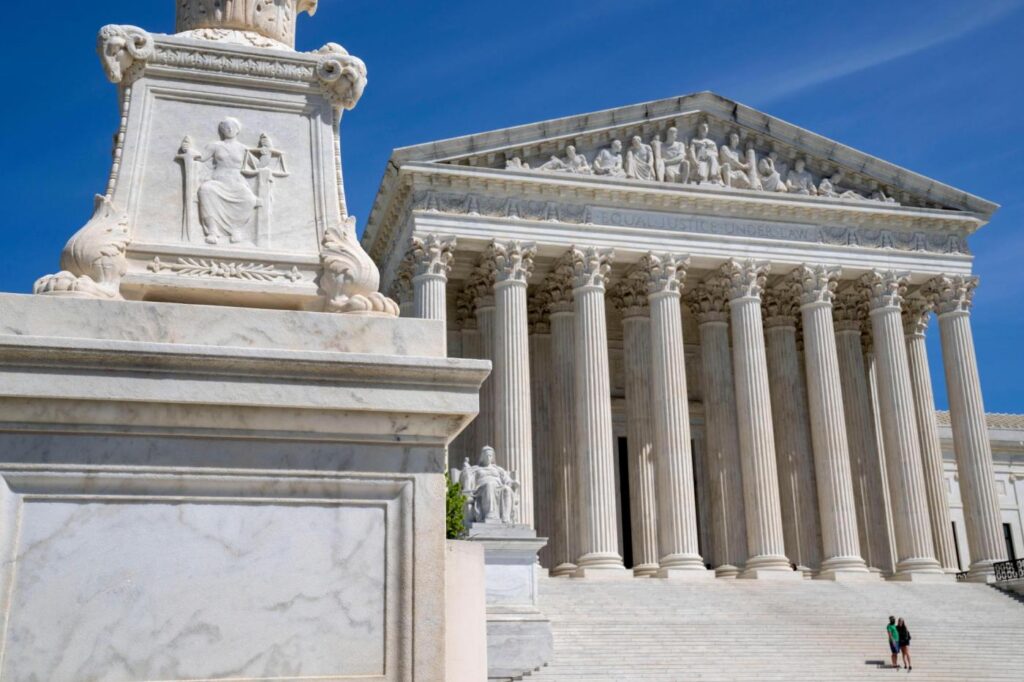
On this date five years ago, the United States Supreme Court freed public employees from forced unionization. The court ruled in Janus v. AFSCME that public employees can’t be forced to pay fees to a union if they don’t want to pay dues. Today, we remind public employees of their Janus rights.
“The First Amendment is violated when money is taken from nonconsenting employees for a public-sector union; employees must choose to support the union before anything is taken from them,” ruled the court in a majority opinion written by Justice Samuel Alito in the Janus case.
The petitioner in the case was Illinois public employee Mark Janus who disagreed with many of the public policy and collective bargaining decisions of the union that represented him. Yet even as a non-member of union, he was compelled to pay “agency dues,” equivalent to about 78% of regular union dues. Ostensibly, this was to cover the cost of the union’s collective bargaining activities.
The case was a follow-up to Friedrichs v. California Teachers Association, a case brought by Orange County teacher Rebecca Friedrichs challenging similar arrangements. Unfortunately, Justice Antonin Scalia died before the case was decided, yielding a 4-4 vote among the eight remaining justices.
Fortunately, both Friedrichs and Janus were ultimately vindicated and the First Amendment rights of public employees upheld by the court.
Public employees across the nation have rightly taken the opportunity to exercise their rights not to financially support unions they don’t want to financially support.
According to the Freedom Foundation, the four largest government unions in the country (AFSCME, SEIU, National Education Association and American Federation of Teachers) have lost 10% of their members, with more than 700,000 public employees dropping union membership.
Here in California, the California Policy Center has actively worked to educate and inform public employees of their right to opt-out of union membership and union dues. Those interested in opting out can visit https://mypaymysay.com.
Public sector unions, it must be remembered, are distinct from private sector unions. As good government activist Philip Howard recently put it, “Their incentives are different, because public workers are not at risk of overreach. If a private union asks for inefficient work rules, the company will go out of business or move to another place and they will lose their jobs. But government can’t move.”
All around us, Californians can see the harmful impact of public sector union overreach. From costly infrastructure projects to failing schools to antiquated public institutions, public sector unions are a drain on the public coffers and a barrier to innovation and reform.
